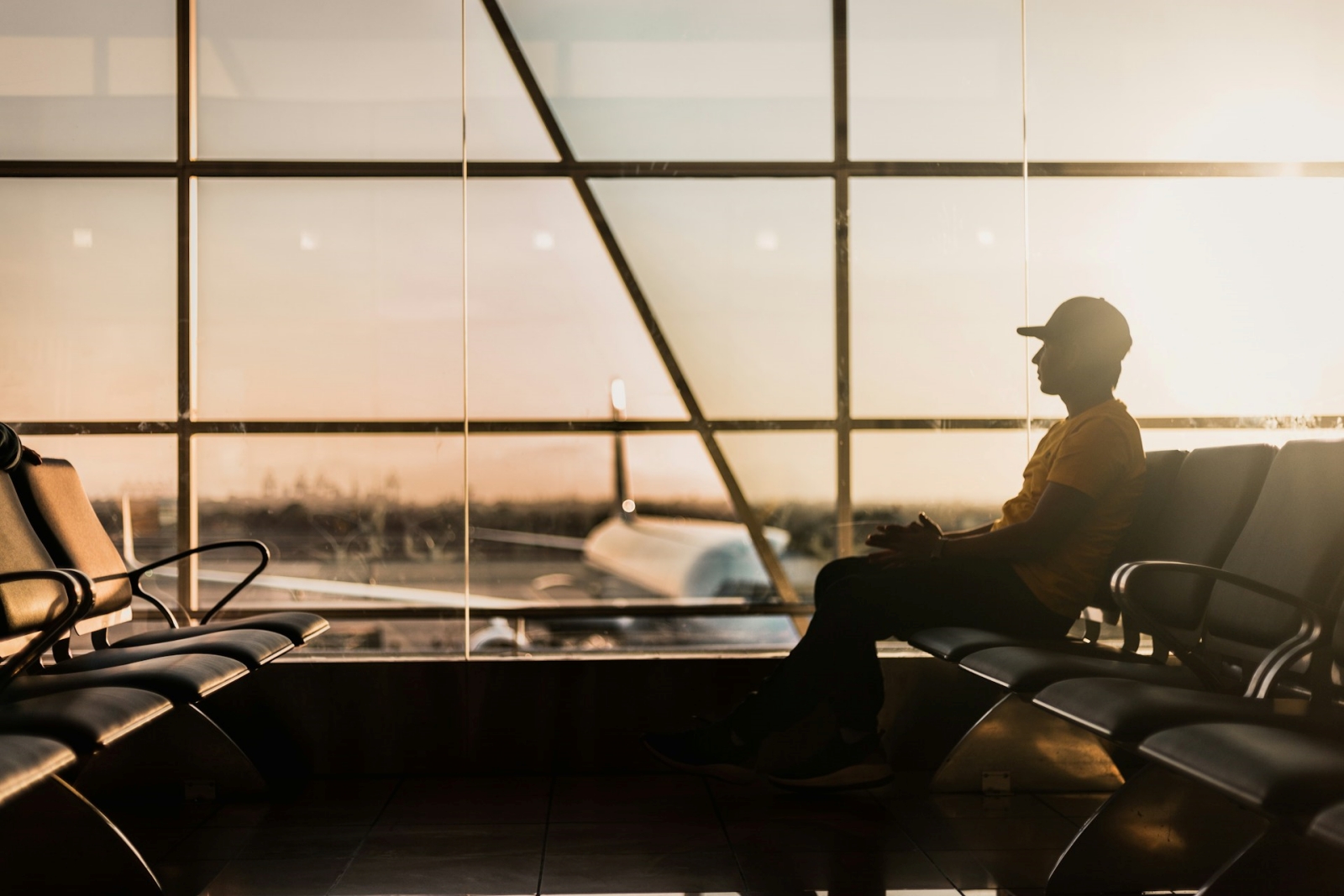How Early Should You Get to the Airport?
The best way to avoid missing a flight is to arrive at the airport with plenty of time to check in, get through security, and find your gate before boarding time. But how early is early enough?
I’ve flown all over the world, and by planning ahead and following some general guidelines, I’ve never missed a flight (yet).
The general rule of thumb is to arrive at the airport 2 hours early for a domestic flight or 3 hours early for an international flight. If you follow that guideline, you can virtually always be confident that you’ll make it to your gate on time.
However, depending on your situation and the time and location of your flight, it’s sometimes a good idea to give yourself a little extra leeway. On the other hand, for some trips, arriving 2 hours early just means you have to sit in the airport for an hour and a half.
So, how early should you actually get to the airport? As with most things, the answer is “it depends.”
How Early to Get to the Airport for Domestic Flights
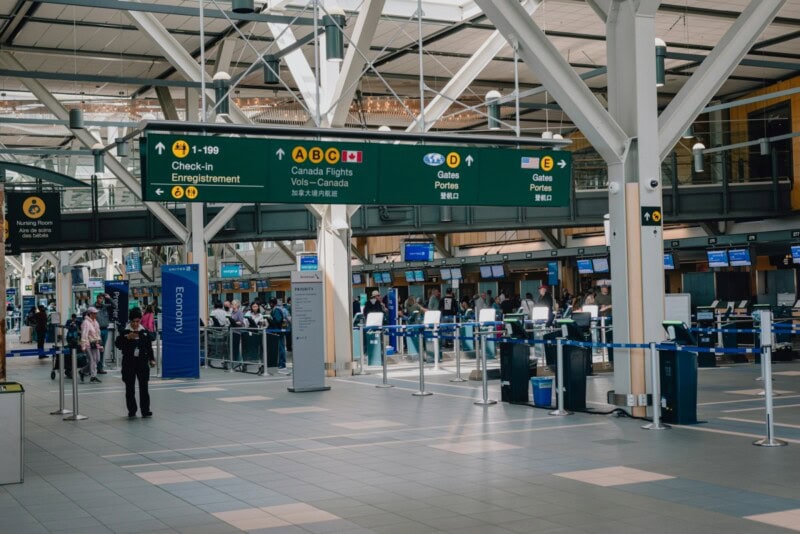
Getting to the airport with plenty of time to spare is always a great idea! It helps you avoid any unnecessary stress and ensures that your travel experience goes smoothly. For domestic flights, the general rule of thumb is to arrive at least 2 hours before your scheduled departure time.
This allows you ample time to complete the check-in process, pass through security, and navigate your way to the gate without feeling rushed. However, it’s important to keep in mind that there are a few factors that may influence whether you need to arrive even earlier than the standard 2-hour mark.
How Early to Get to the Airport for International Flights
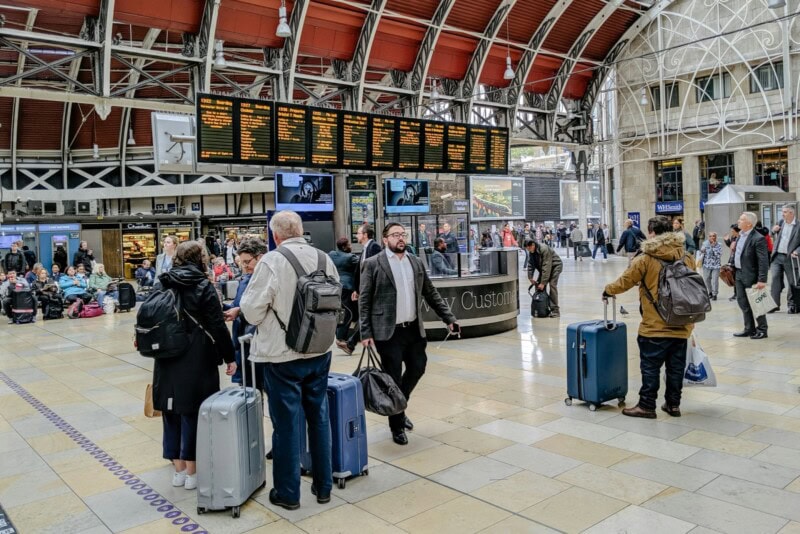
When it comes to international flights, most airlines recommend arriving at the airport at least 3 hours before your scheduled departure time. This extra time allows for potential delays during the check-in process, security screening, and immigration procedures. Additionally, international flights typically have stricter baggage requirements and documentation checks, which can take longer to complete compared to domestic flights.
Arriving early for an international flight also gives you some buffer time in case there are unexpected issues, such as long lines at security or traffic delays on the way to the airport. It’s better to have extra time to relax in the airport lounge or grab a snack than to be rushed and stressed trying to make it to your gate on time.
Other Factors to Consider
While arriving 2-3 hours before departure is a good rule of thumb, it isn’t a hard and fast rule. The amount of time you need to get through the airport depends on many factors.
Depending on where you’re flying from, when you’re flying, and if you’re enrolled in an expedited security program, you may have more or less leeway
Boarding Time vs Departure Time
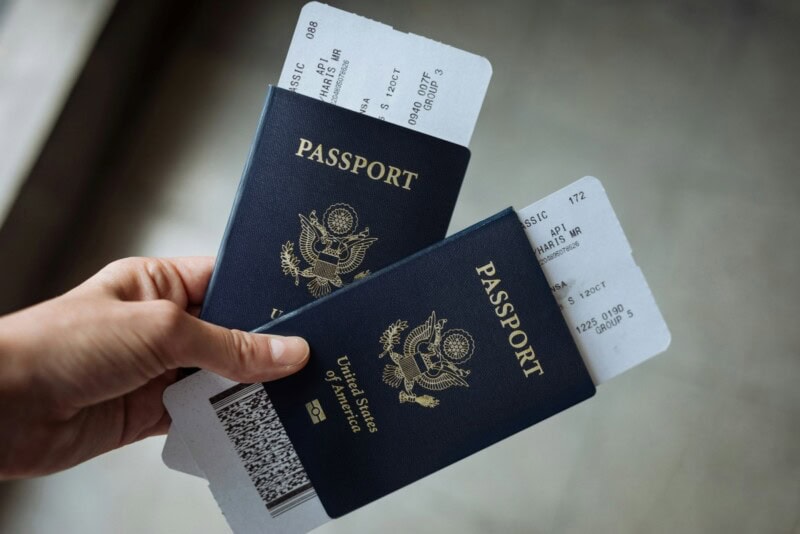
The time listed when you purchase your flight tickets is almost always the departure time: when the airplane actually takes off. When you’re figuring out how early to get to the airport, boarding time is the more important time to look at.
Most flights usually start boarding passengers 30–50 minutes before the scheduled departure time, but it depends on the flight. Your boarding pass will usually list the boarding time, and that’s when you should aim to be at your gate
It’s also important to remember that the gate usually closes 15 minutes before departure. If you’re running through the airport to get to your gate at the departure time, you’re usually already too late.
How Much Luggage Do You Have?
Checking luggage adds an extra step to your pre-flight routine. Once you arrive at the airport, you’ll need to find the right baggage drop-off area, wait in line, and make sure your luggage gets tagged and checked in. This process can take some time and may involve waiting in line, especially during peak travel seasons.
On the other hand, if you’re only traveling with carry-on luggage, your check-in process will be much quicker. You can save yourself time by checking in online before your flight, without the need to drop off any bags. In this scenario, arriving 1-2 hours before your domestic flight should be enough, depending on your personal preferences and the airport you’re departing from.
Do You Have TSA PreCheck?
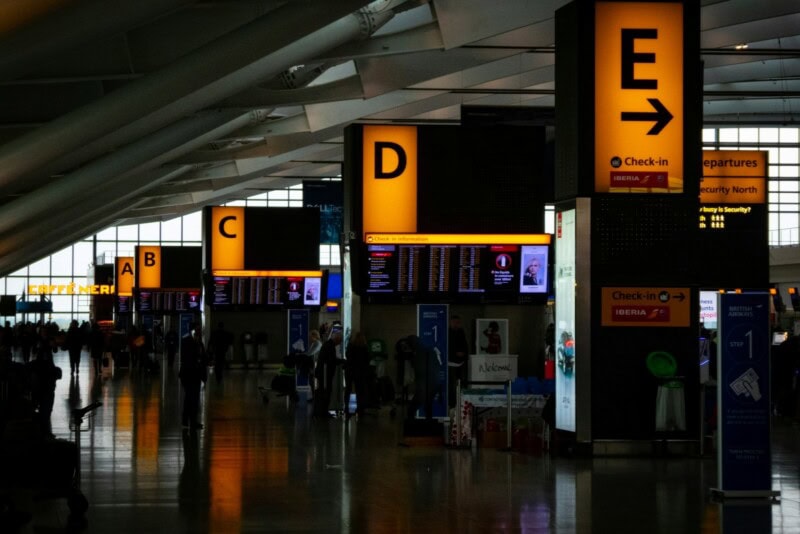
If you’ve got TSA PreCheck, Clear, or another trusted traveler status, you’re in luck! These perks can really speed up your time at the airport. These clearances let you bypass the normal lines for security, which means you can arrive at the airport a bit later without worrying about missing your flight.
Do You Have Priority Check-In?
Most airlines offer a priority check-in program that lets you bypass luggage lines, use priority boarding lanes, and sometimes even go through exclusive expedited security lines at airports. All of this can help you get through the airport much faster.
Many airlines offer priority check-in with business and first-class tickets. Sometimes, you can get priority boarding if you are part of an airline membership (like AAdvantage for American Airlines or Sky Priority for Delta).
If you have priority status, you don’t have to arrive as early at the airport.
Are You Flying During a Busy Time?
Airports get significantly busier during weekends, holidays, and school vacations. During these peak travel times, every step from parking to getting your boarding pass can take longer.
Even the time of day you choose to fly can impact your airport experience; for example, airports are often busiest in the morning with a high volume of business travel.
If you’re arriving during one of these busy times, I recommend arriving a bit earlier to give yourself some extra time to make it to your gate.
What Airport Are You Flying From?
The airport you’re flying from can have a big impact on when you should arrive. For major international airports like JFK or LAX, which handle both domestic and international flights, there can be larger crowds and longer lines at security.
On the other hand, smaller regional airports tend to move passengers through more quickly because they have less traffic.
Tips for Streamlining the Airport Experience
Making your journey through the airport as smooth as possible starts with strategic planning, from packing to parking. These tips can cut down on the time you have to spend going through the airport and make the process less stressful.
Check In Online
Checking in online is a no-brainer nowadays. By downloading your airline’s app, you can check in the day before your flight and get your digital boarding pass without having to wait at the check-in desk.
It’s a great feeling to walk into the terminal and head straight through security.
Fly Carry-On Only
Deciding to go with just carry-on luggage is a smart move if you want to dodge long lines. When you don’t have to check in a bag, you can simply skip the check-in counters, as long as you’ve already checked in online.
You’ll have to pack light, but do you really need five pairs of shoes for that weekend trip?
Plus, when you arrive at your destination, you won’t have to wait around at baggage claim because you’ll have zipped through without any checked bags. Off you go to your next adventure!
Be Ready to Go Through Security
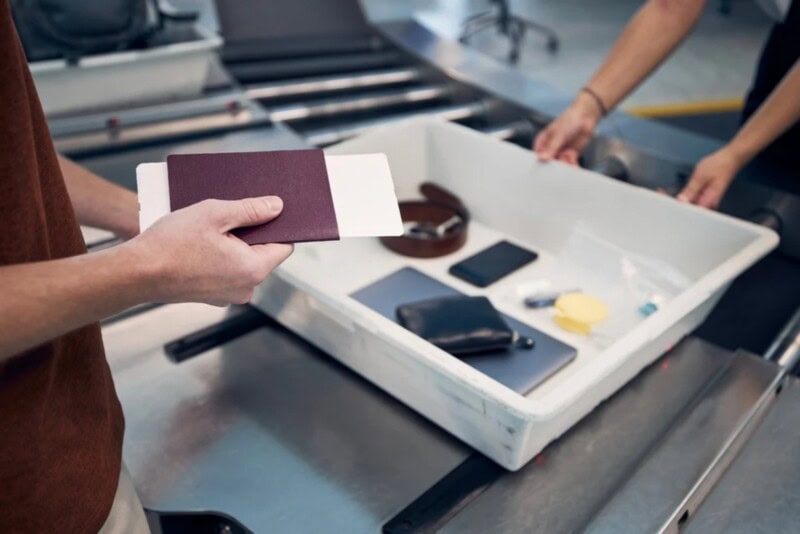
Airport security checkpoints can be a bottleneck for travelers, but with a little bit of preparation, you can breeze through them with less hassle.
Take a moment to familiarize yourself with the TSA regulations so you don’t accidentally pack any prohibited items in your carry-on bag. And don’t forget to have your electronics ready to go for easy access.
Remember to empty your water bottle and pre-pack small items like your wallet, keys, and phone into your carry-on bag to prevent any hold-ups when emptying your pockets into the bins. Lastly, I recommend wearing easy-to-remove travel shoes that you can slip off quickly for security.
Sign Up for TSA PreCheck or Clear
Are you a frequent flier? If so, you’ll definitely want to consider signing up for programs like TSA PreCheck or Clear.
TSA PreCheck lets you breeze through security without the hassle of removing your laptop or liquids, and you can even keep your jacket and shoes on. It’s a game-changer!
Clear is another option that is only available at larger airports. With Clear, airport security uses a fingerprint or iris scanner to identify you, and you can move even quicker through security. It’s a bit more expensive than PreCheck, but it lets you get to your gate in minutes rather than waiting in security lines.
By signing up for these expedited security programs, you can bypass security lines, which means you don’t have to arrive as early.
Plan Parking in Advance
Finally, if you’re driving to the airport, planning your parking in advance is essential. You don’t want to arrive at the airport only to panic when the lots are full. At most airports, you can reserve long-term parking in advance.
Better yet, you can use an app like Way to reserve parking at nearby hotels and take their shuttle to the terminal. It’s usually much cheaper than using the airport’s lots.
Alternatively, consider public transit or ridesharing services to circumvent parking hassles altogether, especially during high-traffic periods when parking spaces are scarce.

